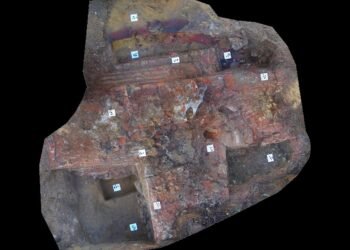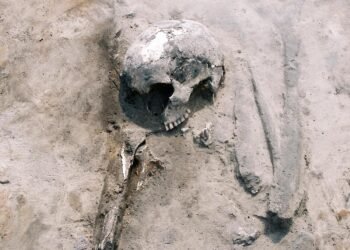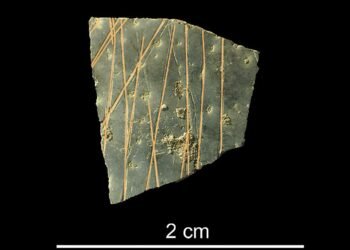A new study published in the journal Proteomics has revealed compelling evidence supporting the legend that the palace of King Ghezo, a former ruler of Dahomey (modern-day Benin), was constructed using human blood as a binding agent.
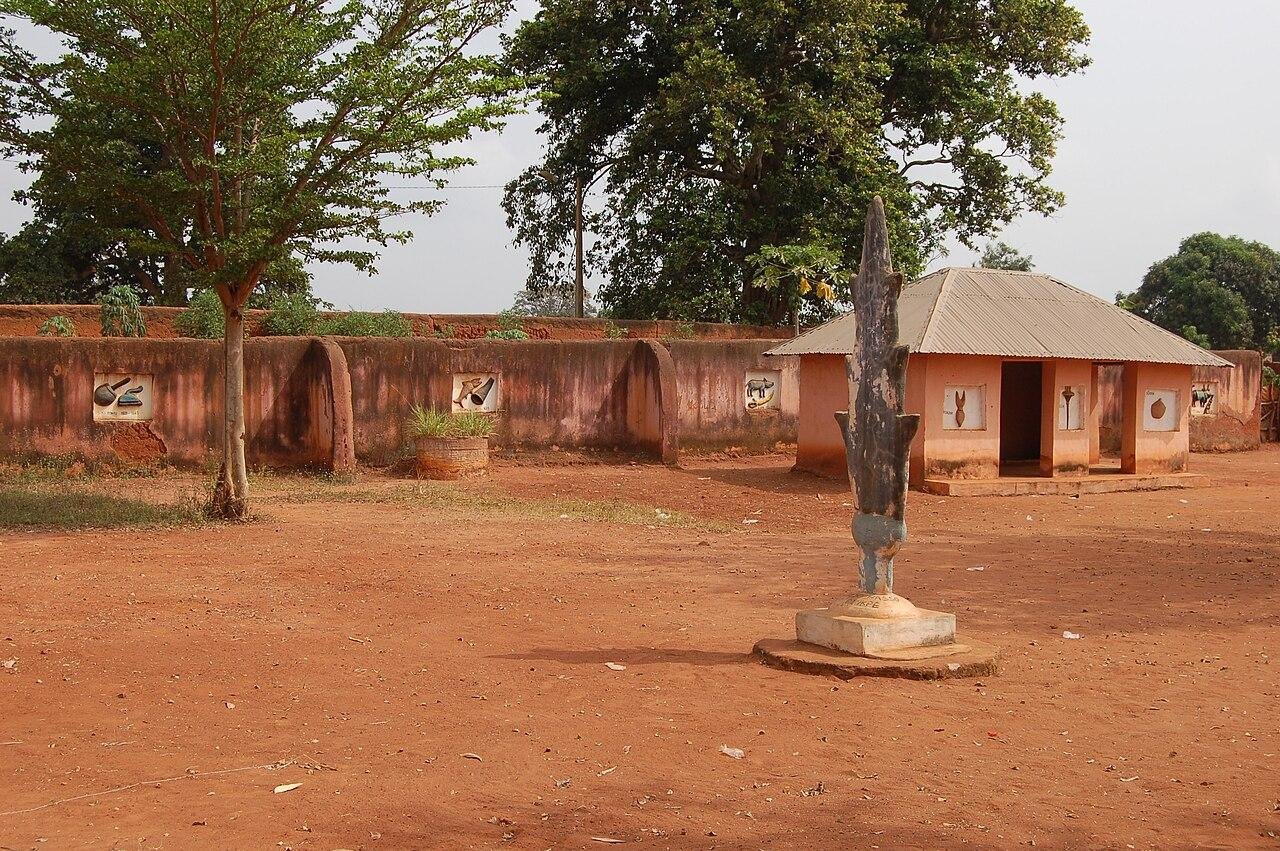
King Ghezo ruled Dahomey from 1818 to 1858, a period marked by military conquests and the transformation of the region’s economy, heavily reliant on the slave trade. The kingdom of Dahomey, with its capital at Abomey, was a dominant power in West Africa, known for its aggressive raids on neighboring regions to capture slaves. These captives were either traded for European goods, forced to work on royal plantations, or sacrificed in elaborate voodoo ceremonies.
Local legends claim that several structures within the palace complex in Abomey, now a UNESCO World Heritage Site, were constructed using a mortar that included the blood of 41 sacrificial victims—41 being a sacred number in voodoo. The palace’s funerary huts, built to honor Ghezo’s father, Adandozan, are particularly significant. It was rumored that these huts were constructed using a mixture of red oil, lustral water, and human blood.

The new study set out to scientifically verify these claims. A team of researchers from the Musée du Quai Branly in Paris, the Abomey-Calavi University in Benin, and the French Ministry of Europe and Foreign Affairs employed high-resolution tandem mass spectrometry to analyze the cladding material from the cenotaph walls. They identified over 6,397 distinct molecular entities, including proteins from humans and chickens. These findings were consistent with the use of human and poultry blood in the construction materials.
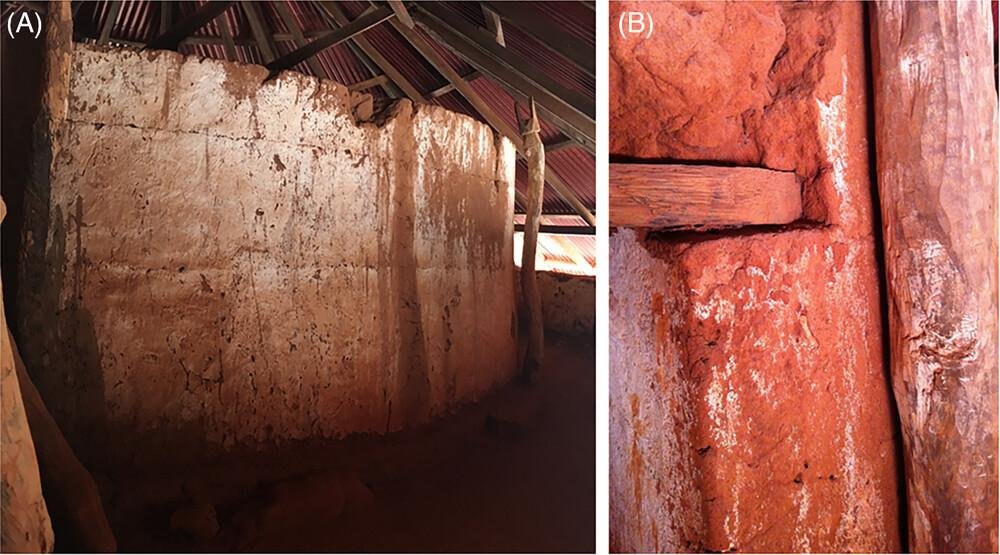
The study authors noted: “Our comprehensive inventory of protein material was used to archaeologically reconstruct voodoo consecration and vitality maintenance rituals. Several indicators attested to the presence of traces of human and poultry blood in the collected material. Thus, we confirmed that the wall binder is made of human blood, a conclusion that could not have been reached with nucleic acid sequencing approaches.”
Blood plays a central role in voodoo rituals, symbolizing life and spiritual energy. Animal blood, particularly from chickens, is commonly used to animate fetishes—wooden statues imbued with spiritual significance. The human blood found in the palace mortar is believed to have been part of elaborate ceremonies meant to protect and honor the deceased king.

The study highlights that the Dahomey kings were considered “God-kings,” with a belief system that viewed death as a transition rather than an end. Voodoo rituals aimed to create a metaphysical barrier between the human world and the spiritual realm, using blood, prayers, and sacred water to imbue buildings with protective and consecrated energy.
One unexpected finding was the presence of wheat proteins in the mortar. Wheat was not grown in sub-Saharan Africa during Ghezo’s reign, suggesting a cultural exchange between Dahomey and France. Ghezo admired Napoleon III and sent gifts such as fabrics and weapons to France. It is plausible that wheat products were included in the sacrificial materials.
This study marks a significant advancement in the use of paleoproteomics and metaproteomics to investigate ancient cultural practices. Further DNA analysis may provide more detailed insights into the identities of the sacrificial victims and the specific circumstances under which their blood was used.





